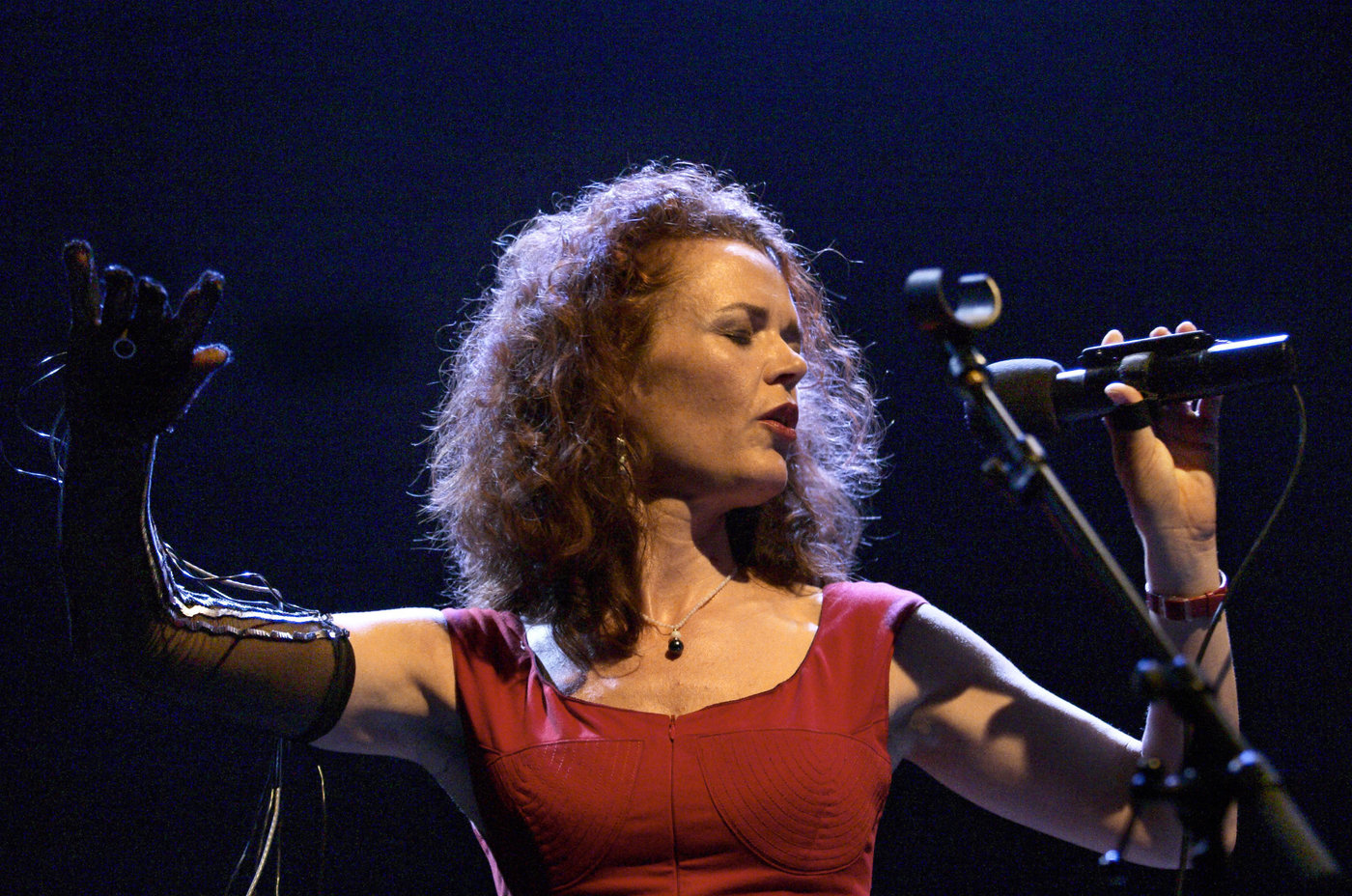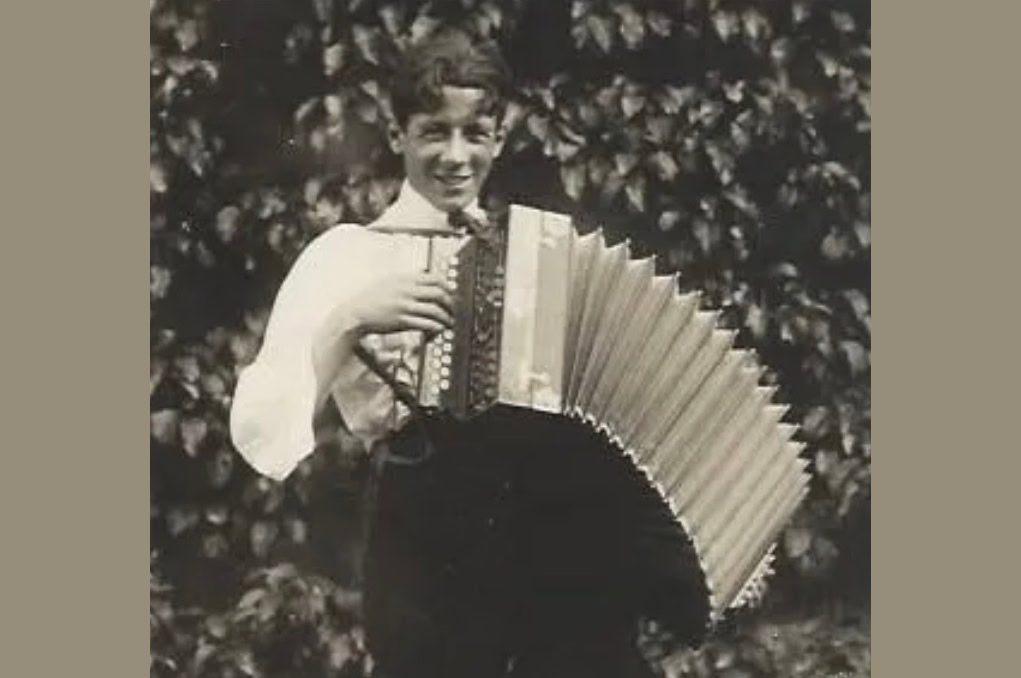Conference Music Discourses after 1970
A three-day public event at the Bern University of the Arts HKB from March 23 to 25 will shed light on discourses on contemporary music and its relationship to improvisation, television and society. Presentations with perspectives from 14 countries and panel discussions will be complemented by two concerts.

Since the 1970s, there has been a boom in contemporary music: festivals have sprung up, ensembles have been founded and concert series have been launched. The SNSF project "At the focus of developments. The Swiss Association of Musicians 1975-2017" at the HKB examines competing aesthetic developments, the growing importance of non-composed music, the role of socio-political upheavals for contemporary music creation and changes in the media.
The conference reflects these topics from the perspective of 14 countries in five panels: How are controversial positions between tradition and avant-garde being fought over the sovereignty of interpretation of the contemporary? And with what consequences?
For a long time, contemporary music blocked itself off from improvised music. Initial efforts to integrate it (at the STV) proved to be clumsy attempts to break out of the self-imposed and snivelingly lamented "ghetto". Later, the mutual rapprochement was more courageous. How did contemporary music and improvisation perceive and influence each other? What role did improvisation play in the development of new music?
New music and television: This is first and foremost a narrative of rise and fall, initially favored by curiosity towards the new medium and fool's freedom, then shaped by the pressure of quotas and bureaucratic structures. But do the marginal contributions on TV even play a role in the discourse? To what extent can an understanding of new music be gleaned from the boom and later decline, as well as from changes in selection, content and form, and to what extent is there a social, cultural and media change?
The last panel also reflects on the latter: What role do institutions play in the development and shaping of various discourses? What is the position of organizers, be it radio, labels, festivals or composers' associations? And what are the overarching discourses? The national? The international? The position of women? A closing panel with historian Philipp Sarasin, among others, will address these questions.
Presentations and discussions will be complemented by live musical contributions: Improvisational discourses will be brought to the stage, and a second concert evening will present works that once did not make it onto the stage because the jury did not nominate them for the programs for aesthetic, personnel policy or practical reasons.
Program and registration: www.hkb-interpretation.ch/musik-diskurse








